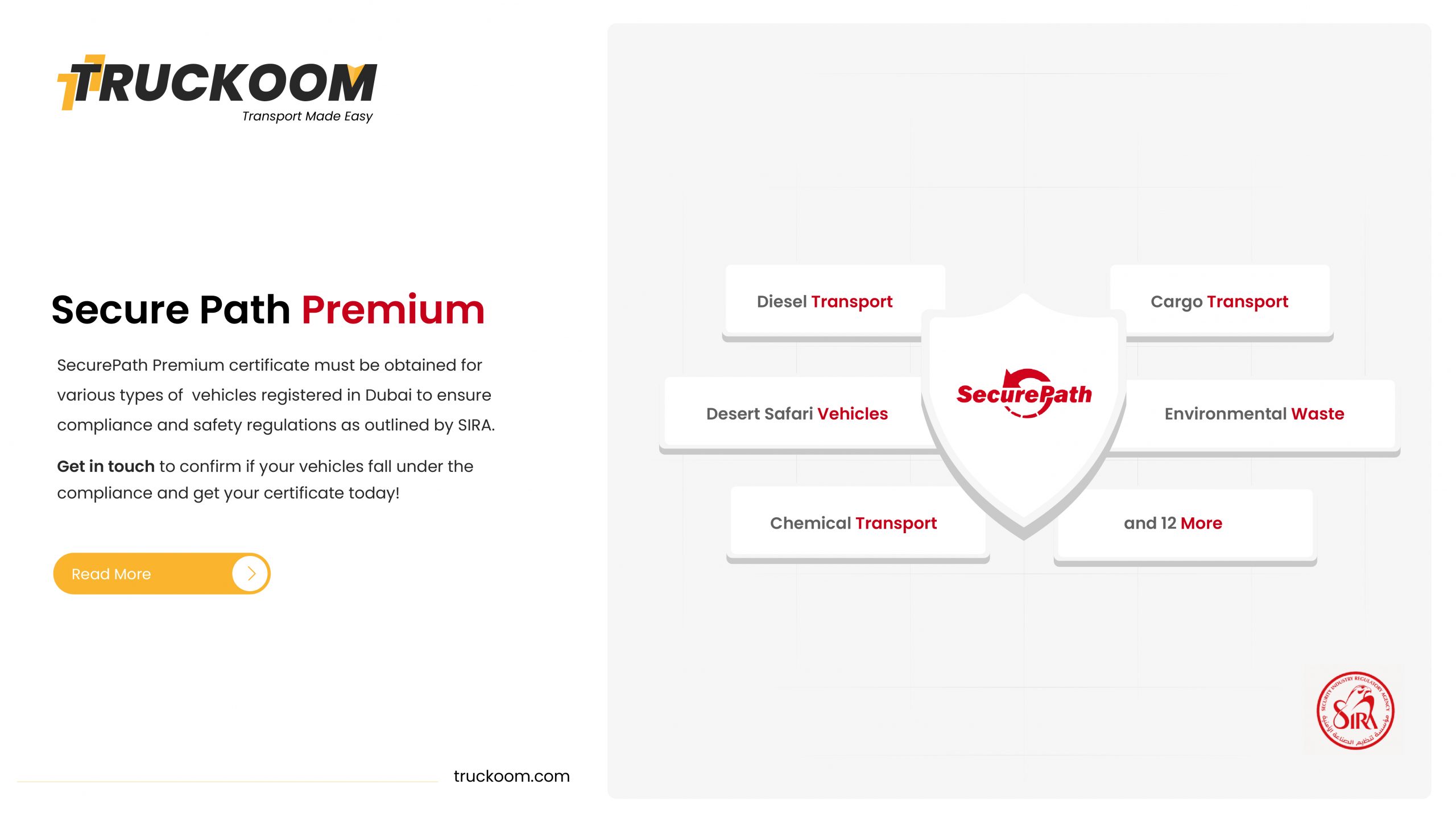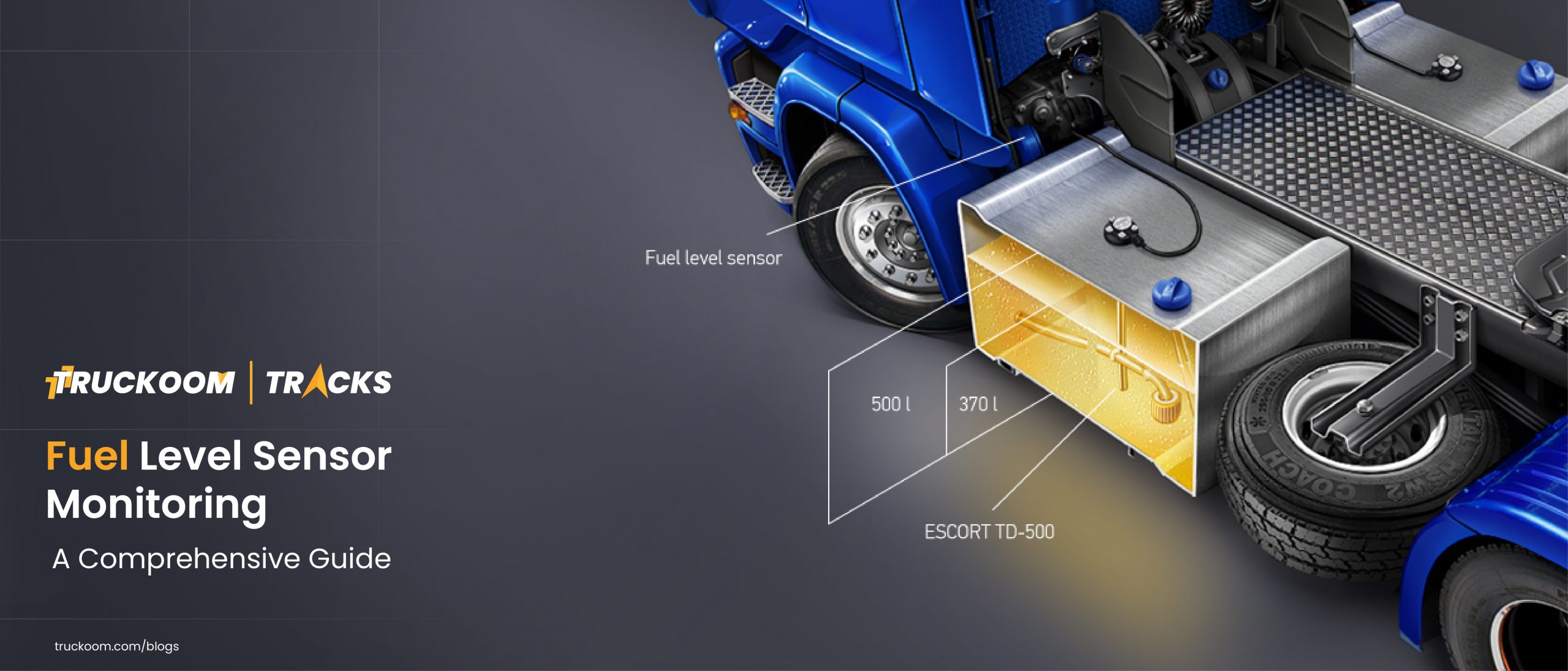In today’s competitive landscape, efficiency is key to success in fleet management. GPS-enabled fleet management solutions have revolutionized the industry by providing real-time insights and advanced tools to optimize routes, reduce fuel consumption, and enhance overall efficiency. Let’s explore how these technologies work and the significant benefits they offer.

Optimizing Routes with GPS
One of the primary benefits of GPS-enabled fleet management is the ability to optimize routes efficiently. Here’s how it works:
- Real-Time Traffic Updates: GPS systems leverage real-time traffic data to identify the most efficient routes. By avoiding congested roads and traffic delays, drivers can reach their destinations faster.
- Dynamic Route Adjustments: Fleet managers can make on-the-fly route adjustments based on changing conditions like accidents or road closures. This flexibility ensures that drivers are always taking the most efficient path.
- Minimized Mileage: GPS systems calculate optimized routes that minimize mileage. Reducing unnecessary miles not only saves time but also cuts down on fuel costs and vehicle wear and tear.
Reducing Fuel Consumption
Fuel costs represent a significant portion of fleet operational expenses. GPS fleet management solutions play a crucial role in reducing fuel consumption through:
- Optimized Driving Routes: Efficient routes mean less time spent idling in traffic or taking longer routes. This directly translates to lower fuel usage per trip.
- Monitoring Driving Behavior: GPS systems can track driving behavior such as speeding, harsh braking, and excessive idling. By addressing these behaviors, fleet managers can coach drivers to adopt fuel-efficient driving habits.
- Maintenance Alerts: Some GPS solutions integrate with vehicle maintenance systems to ensure that vehicles are properly maintained. Well-maintained vehicles consume less fuel, improving overall fleet efficiency.
Enhancing Overall Efficiency
GPS-enabled fleet management solutions offer a range of features that enhance overall operational efficiency:
- Real-Time Tracking: Fleet managers can monitor vehicle locations in real-time, enabling better coordination and response to customer needs or emergencies.
- Improved Dispatching: Dispatchers can assign jobs more efficiently based on real-time vehicle locations and traffic conditions. This reduces idle time and improves resource utilization.
- Data-Driven Decision Making: GPS systems provide valuable data and analytics on fleet performance. This data can be used to identify trends, optimize schedules, and make informed decisions to streamline operations.
- Enhanced Customer Service: With accurate arrival times and improved routing, GPS-enabled fleets can provide better customer service, leading to increased customer satisfaction and loyalty.

Case Studies
- Streamlining Delivery Operations
A regional distributor implemented GPS fleet management to optimize its delivery routes. By leveraging real-time traffic data and vehicle monitoring, they reduced fuel costs by 15% and improved on-time deliveries by 20%. This led to increased customer satisfaction and strengthened their competitive position.
- Enhancing Safety and Compliance
A nationwide logistics provider utilized GPS solutions to improve driver safety and regulatory compliance. By monitoring driver behavior and enforcing safe driving practices, they decreased accident rates by 30% and achieved full compliance with industry standards.
Practical Tips for Operations Managers
Implementing GPS fleet management requires thoughtful planning and execution. Here are some practical tips for operations managers:
- Choose the Right System: Select a GPS solution that aligns with your specific operational needs and budget. Look for features such as real-time tracking, customizable reporting, and user-friendly interfaces.
- Train and Engage Drivers: Properly train drivers on using GPS systems and emphasize the benefits of optimized routing and safe driving. Encourage feedback from drivers to identify areas for improvement.
- Monitor Performance Metrics: Regularly analyze performance metrics such as fuel efficiency, vehicle utilization, and delivery times. Use these insights to make informed decisions and continuously optimize operations.
- Integrate with Other Systems: Integrate GPS data with other operational systems such as inventory management or dispatch software for seamless workflow and enhanced visibility.
- Stay Agile and Adapt: Technology evolves rapidly. Stay updated with new features and capabilities offered by GPS providers to stay ahead of the curve and continuously improve efficiency.
Conclusion
GPS-enabled fleet management solutions are indispensable tools for modern transportation and logistics operations. By harnessing the power of real-time data and analytics, businesses can optimize routes, reduce fuel consumption, enhance safety, and ultimately drive overall efficiency. Success stories from companies that have embraced this technology highlight its transformative impact. For operations managers, adopting these solutions requires a strategic approach, ongoing training, and a commitment to leveraging technology for operational excellence. By embracing GPS fleet management, businesses can navigate towards greater efficiency and success in the competitive landscape of transportation and logistics.




